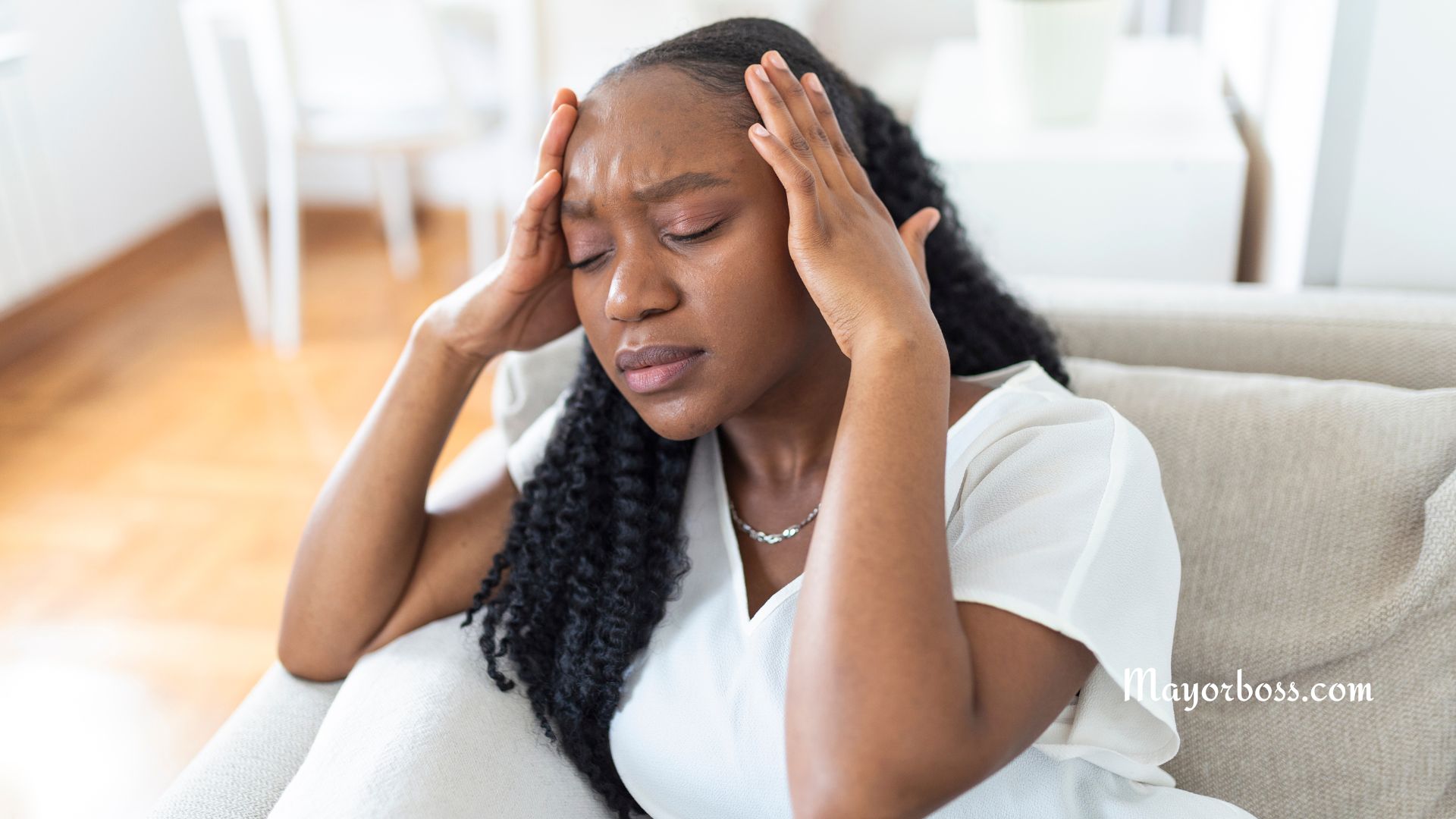Headache in the Back of the Head: Causes and Treatment
A headache in the back of the head can be a nagging problem, disrupting daily life. It might be a sign of stress, muscle tension, or other underlying health conditions. From mild to severe, this type of headache can come in various forms. Some might experience it as a dull ache, while others might feel a sharp or throbbing pain.
Common causes include tension headaches, migraine, poor posture, or even high blood pressure. Treatment often involves rest, relaxation techniques, over-the-counter pain medication, or professional medical advice in severe cases.

What Causes Pain In The Back Of The Head?
1. Tension Headaches
Tension headaches are one of the most common causes of pain in the back of the head. They are often a result of muscle strain, stress, or poor posture. You can try to ease the pain with a warm compress or gentle stretching.
2. Migraines
Migraines can cause pain in various parts of the head, including the back. They are more intense and can be accompanied by other symptoms like nausea and sensitivity to light.
3. Occipital Neuralgia
According to the National Institute of Neurological Disorders and Stroke, this is a condition where the nerves in the back of the head become irritated or compressed. It can cause sharp, throbbing, burning, shooting pain or pain in the back of the head.
4. Infections
Certain infections, such as sinusitis, can result in headaches in the back of the head.
5. Poor Posture
Sitting in an awkward position for too long can cause pain in the back of your head. This is due to muscle strain and pressure on the nerves. Adjusting your posture and taking breaks can often alleviate this discomfort.
6. High Blood Pressure
Sometimes, high blood pressure can cause headaches, particularly in the back of the head. Other symptoms include nosebleeds, blurred vision, and shortness of breath. If you are experiencing this regularly, it’s important to consult a doctor as it might indicate a more serious health issue.
Symptoms
- General Pain: The pain might be dull, throbbing, or sharp. It can be constant or come and go.
- Associated Symptoms: Depending on the cause, you may also experience other symptoms, such as dizziness, blurred vision, or stiffness in the neck.
Treatment
- Over-the-Counter Medications: Pain relievers like ibuprofen or acetaminophen can help with mild to moderate headaches.
- Prescription Medications: For more severe headaches, a doctor may prescribe specific medications to address the underlying cause.
- Lifestyle Changes: Simple changes like improving posture, managing stress, or adjusting your sleep habits can make a big difference.
- Physical Therapy: Physical therapy might be recommended for headaches related to muscle tension or nerve issues.
Consultation with a Healthcare Provider
If the headache persists or gets worse, it’s important to see a healthcare provider to rule out any serious underlying conditions.
Prevention
- Regular Exercise: Engaging in regular exercise can help keep muscles relaxed and reduce stress.
- Proper Nutrition: Eating a balanced diet can keep you healthy and may reduce the risk of headaches.
- Stress Management: Managing stress through relaxation techniques or hobbies can help prevent headaches in the back of the head.
- Stay Hydrated: Drinking enough water throughout the day is vital for overall health and can also prevent headaches caused by dehydration.






